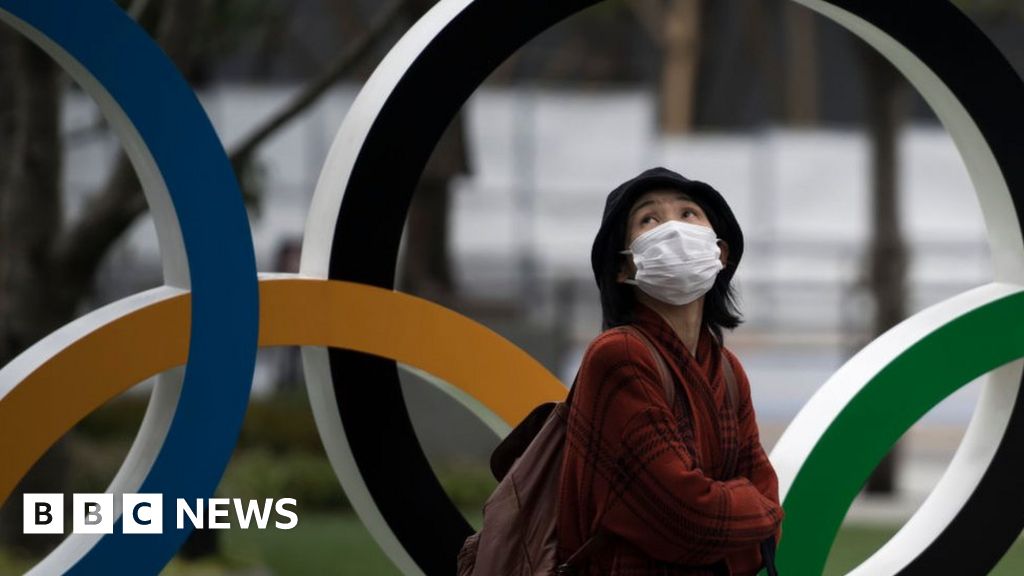
The UK government has said it may restrict large-scale gatherings to prevent the spread of coronavirus.
So what are your rights if you have a ticket to something that gets called off?
Are cancellations likely?
Right now, the government has not cancelled the likes of sports, music and other events.
However, it does have the power to do this if it believes a big crowd could pose a risk to public health.
In some other countries sporting events including Six Nations rugby, Italian football and the Chinese Formula 1 Grand Prix have already been disrupted.
Organisers of the Tokyo Olympics have said they could postpone this summer's event until later in the year.
In England, the Football Association, Premier League and Football League have held talks with health officials about the possibility of having to play matches behind closed doors.
The Scottish Football Association said it would be guided by the medical authorities, but has already banned hand-shaking.
The London Book Fair, one of the UK's largest book events, has already been called off due to concerns over coronavirus. Two major sponsors of dog show Crufts have asked their staff not to attend.
Organisers of other big events are watching.
For example, European football's governing body, Uefa, has said that this summer's Euro 2020 finals, being held in 12 countries, including the UK, will go ahead as planned unless "the situation gets worse".
And the team behind June's Glastonbury music festival has said it is monitoring the situation.
What do I need to know about the coronavirus?
Am I entitled to a full refund?
If you bought your ticket for a cancelled event from an official seller, you should be entitled to a refund, often automatically.
However, additional costs, such as postage and booking fees, are unlikely to be reimbursed.
For anyone who purchased a ticket through a ticket-reselling website, refunds will depend on the site's terms and conditions.
If an event is moved and you cannot make the rearranged date, you should be entitled to your money back.
And if you are taking part in something - like the London Marathon, for example - the same refund rules still apply to entry fees if it is cancelled.
What if I'm having problems getting my refund?
If you have heard nothing about a refund after a couple of weeks, follow it up, says consumer rights journalist Helen Dewdney.
She advises: "Where possible, do everything in writing so you have a record."
If you're not getting anywhere you can approach your credit card company, says Ms Dewdney.
Using a credit card to buy something costing between £100 and £30,000 means you are legally entitled to a refund if you do not get what you were promised.
Even if the ticket is worth less than £100, or a debit card was used instead, there is still the chance of getting a refund under the chargeback scheme. This is used to reverse the transaction.
What if the event goes ahead but my hotel shuts?
If you are unable to attend an event because facilities such as hotels or travel are unavailable, the situation is not so clear-cut.
"You've got to hope for a goodwill gesture," says Ms Dewdney. "From the organisers' point of view, they'll say the event is still going ahead."
If you've booked a package (with hotel, flight and event entry all included), you may be able to claim under your travel insurance - depending on the small print.
Can I get a refund if an event is not as advertised?
It depends, according to Adam French, from consumer group Which?.
"If you've bought a ticket for a Taylor Swift gig to headline, but she didn't perform, you should get your money back", he says.
"But if it's a festival with multiple acts, that means you have a ticket for the festival and not the individual performer. In that instance, you can't expect a refund."
What if I don't want to go?
If you decide against going to a music event or sports match because you're worried about coronavirus, there's little chance of getting your money back.
The only possible exception is if you have some form of insurance with your ticket.















 Phone: (800) 737. 6040
Phone: (800) 737. 6040 Fax: (800) 825 5558
Fax: (800) 825 5558 Website:
Website:  Email:
Email: 






